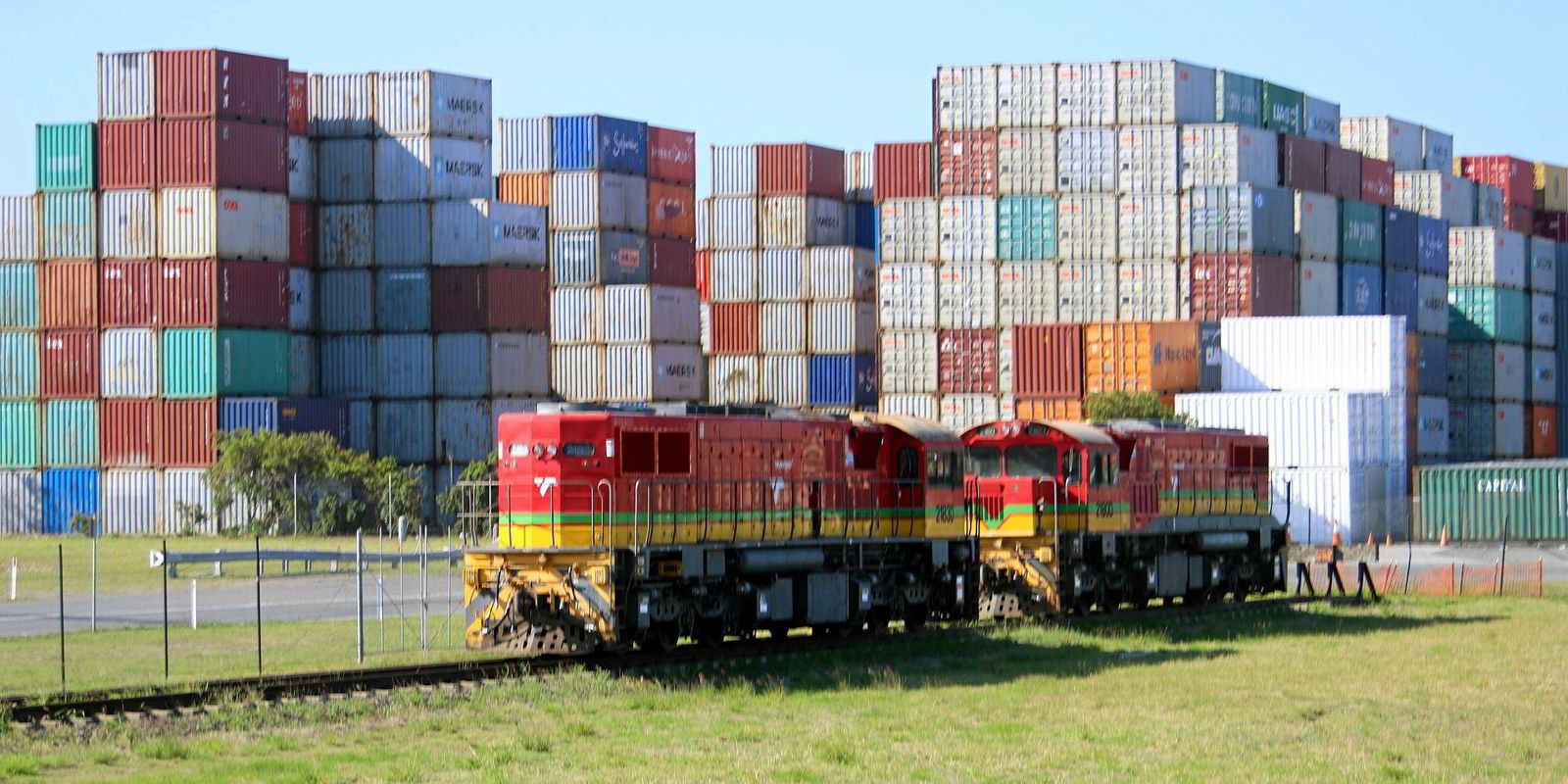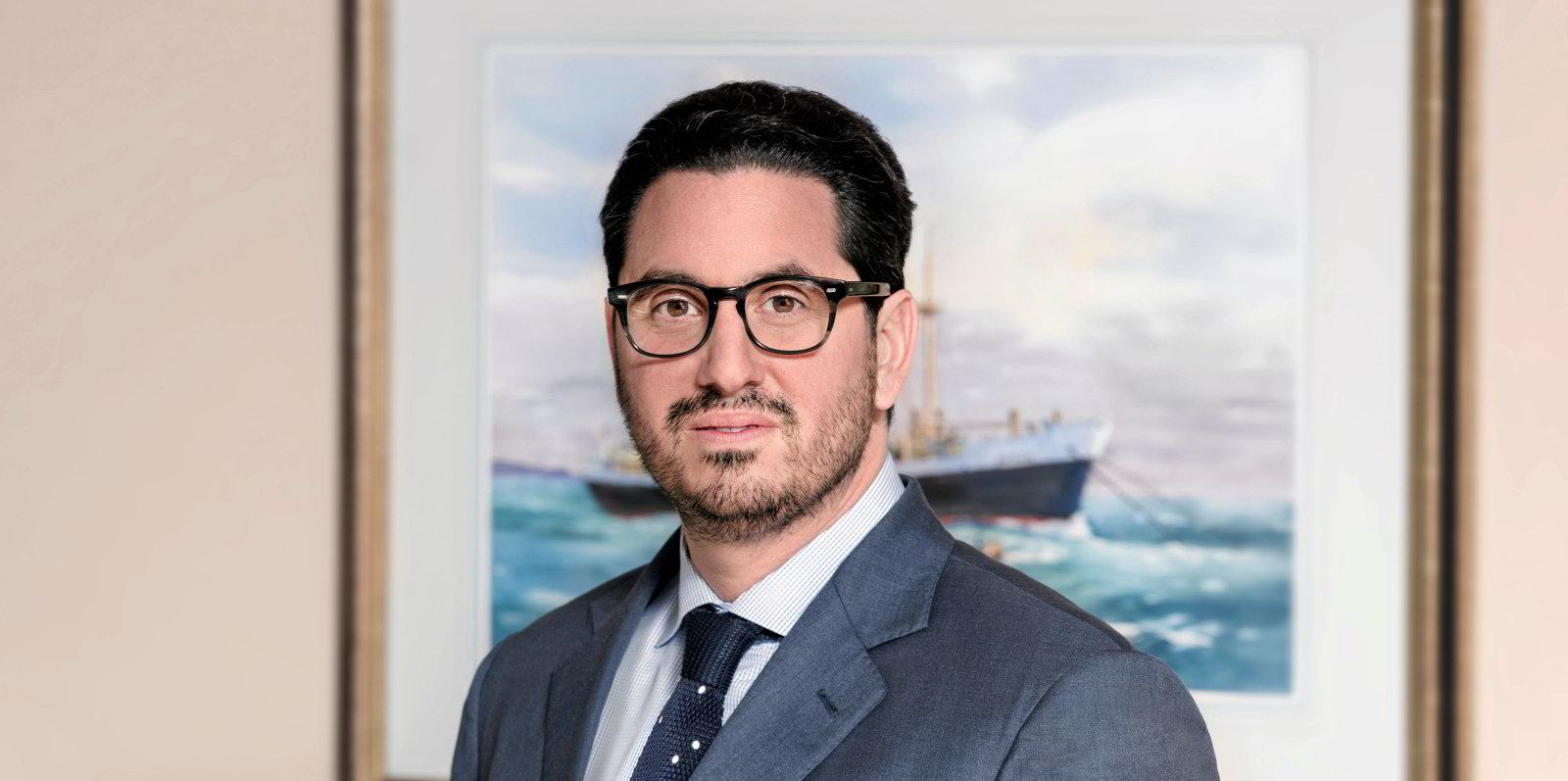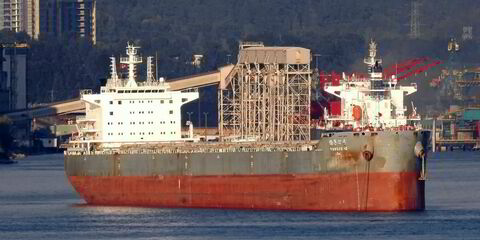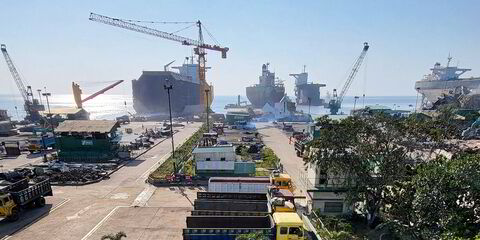South Africa’s state-owned logistics company Transnet is seeking a private entity to take over its main rail corridor between Durban and Johannesburg in a move it hopes will go a long way to improve the efficiency of the country’s largest container port.
The port and rail operator concedes that the container rail corridor, which comprises 670 km of double-track electrified rail linking the port with the inland container terminals of City Deep and Kascon, is “not performing optimally” and it lacks the money necessary to invest in the operation, according to South African media outlet Business Insider.
Transnet is offering a 20-year concession for the corridor, and estimates that prospective partners will probably need to invest at least ZAR 5.5bn ($316m) in working and investment capital. In addition, they will have to take on the 3,570 staff currently running the corridor, along with associated assets including locomotives.
When operating at full efficiency, the rail corridor can accommodate 47 trains in each direction every day, but Transnet is able to run only half that number. Furthermore, average journey times have slipped from 24 hours to more than 36 hours.
The corridor, like most of South Africa’s rail network, has suffered from decades of neglect and a lack of investment in new rolling stock. The situation has been compounded by widespread looting of railway infrastructure, where everything from signalling systems to power lines and even the railway tracks are routinely stolen, leading to even more disruptions and delays.
This has led to the country’s shippers turning to trucks to move their containerised cargoes to and from South Africa’s industrial heartland in the Johannesburg region.
The deluge of trucks has led to backlogs and inefficiencies at Durban’s Bayhead container terminal.
Transnet estimates that 87% of containers are moved by road in South Africa, but believes that with an efficient rail corridor, the number of containers moved on trains could increase tenfold.
Liner players have recently invested heavily in land-based logistics services. The biggest investment in Africa was made by MSC Mediterranean Shipping Company, which in December 2022 completed a $6bn acquisition of Bollore Africa Logistics, a powerhouse on the continent that has operations that include 16 container terminal concessions.
MSC president Diego Aponte said the company is committed to “investment in the ships, shipyards, container terminals, logistic solutions, storage facilities, road and rail networks” to support African trade.
The Swiss liner giant is one of the main players in the South African container trade.




